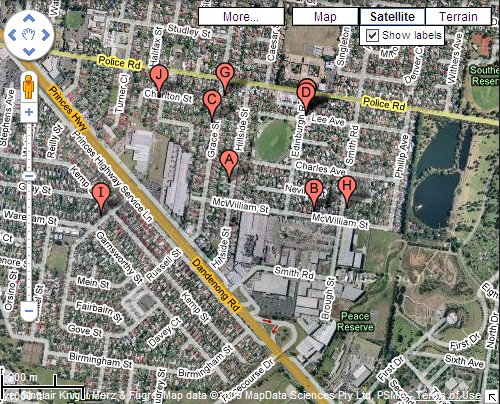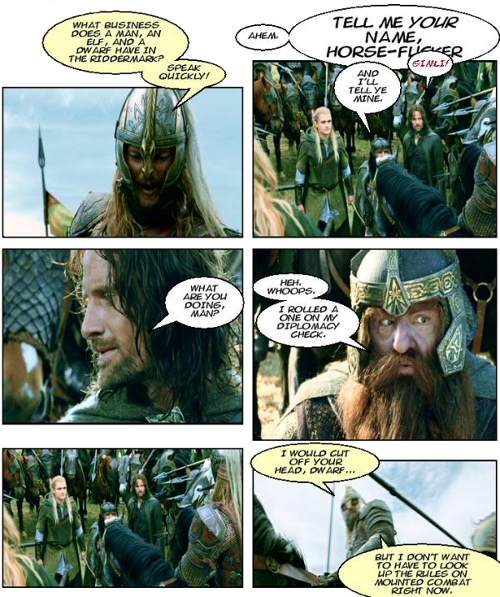Just this morning, I was powerfully struck by the usefulness of the following phrase:
I don’t care enough to do anything about it.
At first glance, this may sound callous. Let me explain…
When one reads (watches, listens to) the news (especially world news), it is rare to find anything one can actually do anything about directly. Moreover, there will always be a majority of items in any batch of daily news about which one is hard-pressed to even invest much attention, enthusiasm, or emotion of any kind. We each have a limited range of things we can care deeply about, and an even more limited range of things we can actually effect.
In my experience, this leads to a kind of guilty anxiety. Take, for example, with the news that the Chinese government are crushing the Uighur in Xinjiang, essentially for being different. I must have seen several dozen articles on this recently, without ever once having sought them out. There really isn’t anything I can realistically do about it: I’m one busy Australian system administrator, and the Chinese government are notoriously impervious to foreign (or even local) opinion, sanctions, or even threats. Besides, this is one of a hundred horrible things I hear about in the world every day. Even were I Superman or head of the United Nations, I would still have to prioritise.
I feel somewhat inclined, when I read about Xinjiang for the eleventy zillionth time, to say “I don’t care”, but I don’t because it feels untrue. I do care, just not enough. That’s not a damning confession, it’s the unashamed truth: I don’t care enough to do anything about it. How much would I need to care in order to do something genuinely useful about it? In this particular case, it would need to be a lot. For starters, I would need to care enough to research the problem: What kinds of forces might move the government of China? How might I come to posess (or contribute to) such a force? Who cares? I do, but I don’t care enough to do anything about it!
The phrase isn’t just honest, it’s immensely reassuring:
- “I don’t care enough…” – This implies that I do in fact care.
- “…to do anything about it” – A statement of plan! When I reassess my to-do list fifteen times today, there is one more thing (the plight of the Uighur in Xinjiang) which I will not need to take into consideration.
The latter item is the most important part: The outcome of any given conversation or activity in my day is all too likely to be one or more things I need to do, or worse: one or more things I need to take into consideration when working out what to do. As such, any activity which concludes with a whole category of things I definitely won’t do is a massive win.
An inevtiable part of choosing one’s battles is choosing when not to fight. That choice must not involve guilt, rather we should celebrate it: It means more time to fight the ones we can win.
Today’s idle rambling was brought to you by a long thoughtful walk to the train, a lack of inhibitions about talking to myself in public, and the joyful return of caffiene to my life.




